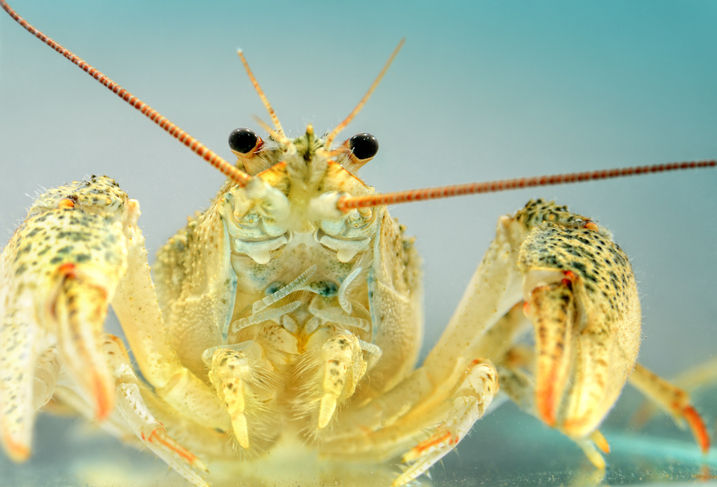Decapods in Science – Where are we now?
- Mar 8, 2024
- 3 min read
It is almost two years since the Animal Welfare (Sentience) Act completed its passage through the House of Commons and became law. We had to wait until May last year for the provisions in the Act to come into legal force, which is the point when decapod crustaceans were officially recognised as sentient.
Despite this ground breaking legislation which recognises the ability of crabs, prawns and lobsters to feel pain and experience positive and negative feelings, so far nothing has changed in terms of legal protections.

As well as calling for decapods to be included in the Animal Welfare Acts of the United Kingdom, Crustacean Compassion is also pushing for them to be included in the Animals (Scientific Procedures) Act 1986 (ASPA), which would give them protections during scientific research.
Decapods are currently the only animal classified as sentient under UK law which are not protected under ASPA. This means that any individual can use these animals in a scientific experiment, without any training, oversight and no need to justify their use.
Last year Crustacean Compassion, together with the London School of Economics, brought together leading experts for a one-day conference on the issue. Looking at what challenges might be faced by bringing decapods within the scope of the legislation, and more importantly how they might be overcome.
Ahead of the workshop we made requests under the Freedom of Information Act to try and ascertain the scale of decapod use in research at UK universities. What we discovered was that while the number of institutions using the animals are small – the number of animals are not insignificant, with some universities using thousands of animals every year.
As a result of the relationships we built at that workshop, we were able to visit Plymouth and Swansea to see what kind of research is happening and how researchers are preparing to adapt to any forthcoming regulation. It is thought that the majority of experiments involving decapods would be below the “threshold” which means they would still not be regulated by ASPA. There are issues even with this however, as the “threshold” is currently set out in the Act as the introduction of a hypodermic needle, so an equivalent for decapods would need to be identified.
Researchers in universities are already making changes to the way they carry out research involving decapods. Many now refer proposals for projects involving the animals to the Animal Welfare Ethical Review Body, where justification for the use of animals must be given.
The Home Office, which regulates animal research in the UK, launched a call for evidence last year – and we understand that the results are currently being compiled, including our submission. It is thought that the range of options being considered by officials are to include decapods in ASPA, to produce bespoke regulation for them or to continue with the status quo, perhaps with some voluntary regulation.
Crustacean Compassion is clear that the only solution is to include decapods in ASPA. While we recognise there are challenges we do not believe them to be significant or insurmountable, and we cannot have a two-tier system of animal welfare where sentient animals are treated differently from each other. We hope that the government will be able to close the current loophole before the General Election.



